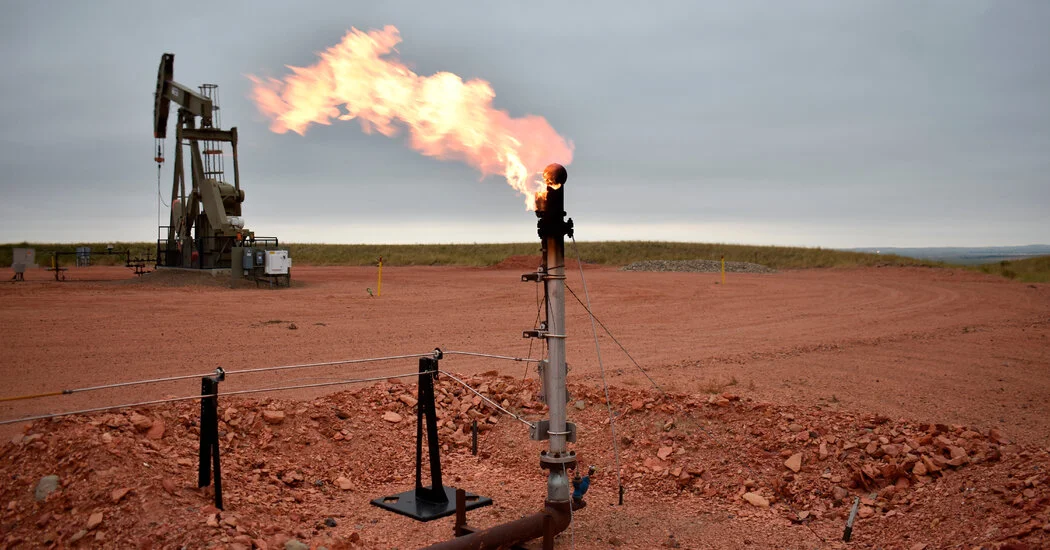The higher the number, the greater the government’s justification for compelling polluters to reduce the emissions that are dangerously heating the planet. During the Obama administration, White House economists calculated the social cost of carbon at $42 a ton. The Trump administration lowered it to less than $5 a ton. Under President Biden, the cost was returned to Obama levels, adjusted for inflation and set at $51.
The new estimate of the social cost of carbon, making its debut in a legally binding federal regulation, is almost four times that amount: $190 a ton.



It would be nice if these numbers didn’t yo-yo with each administration. Even if one is pro-low price, it must fuck up long term plans tremendously.
(I am pro-high cost of fossil fuels, but want process to increase at a steady and predictable rate. $1 million in steps every 6 months is very different from $1 million in one step at any point in time.)
You are right, but these numbers are intrinsically affected by value-judgements - about how to integrate impacts over time, across different sectors, across rich and poor countries/communities and over probability of such impacts (risk aversion). It’s not so much the science changing, but the values - hence political shifts. It would help if experts could separate these factors more clearly. For example people mention “the discount rate”, but there is not just one - there is a (low) pure time preference for the whole world and higher rates for individuals and companies with finite lifetimes, also higher in rapidly developing countries (this does make sense, given a non-linear welfare function).